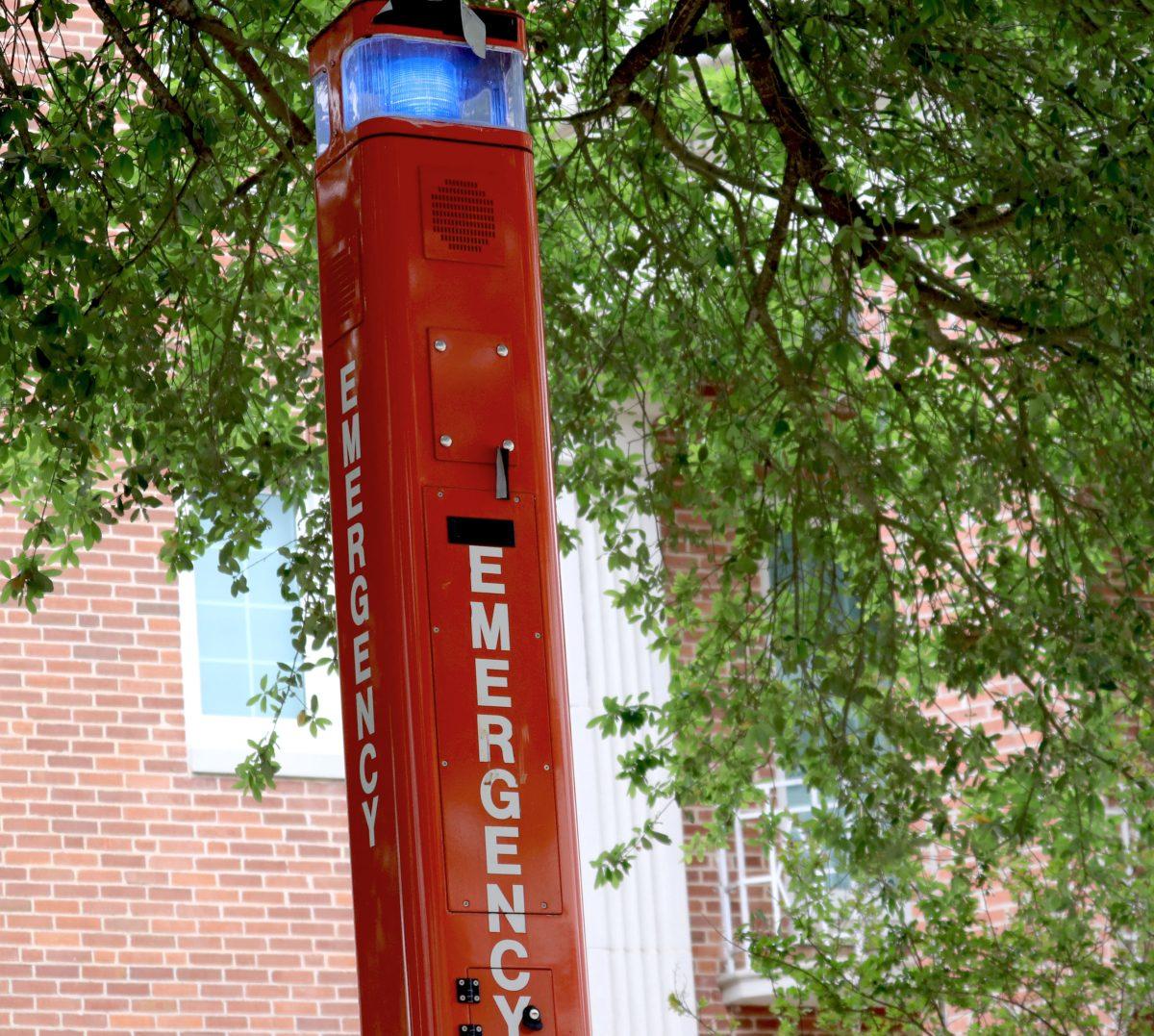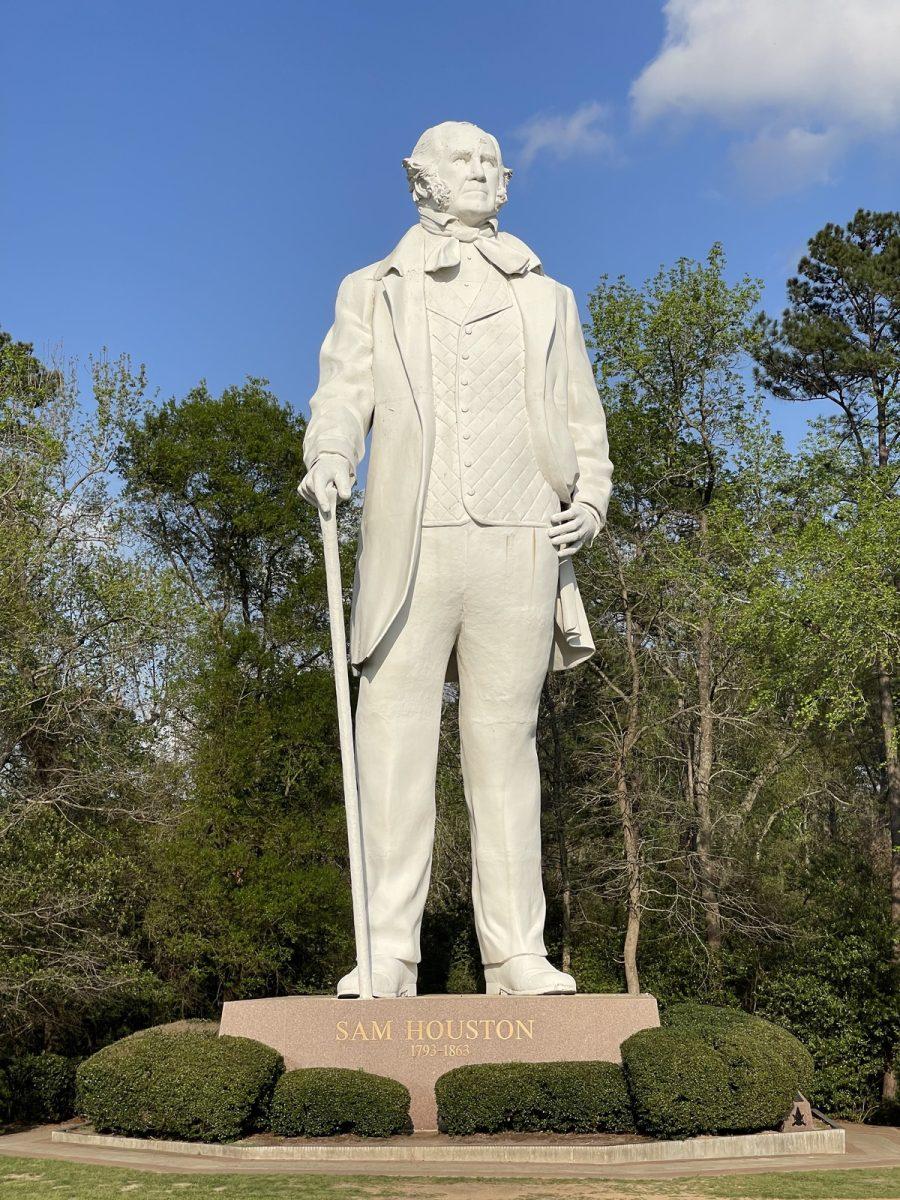On Oct. 26, someone near and dear to my heart was involved in a hit-and-run accident. Fortunately, she made it out alive with minimal bodily injuries—just a few scratches and dents to her rear-end. That someone was my black 2016 Nissan Altima, commonly known as “Valentina.”
Valentina was parked outside my apartment at Bearkat Village, simply minding her own business when a young, clearly inconsiderate, college student rolled up in a white vehicle, clipping Valentina’s bumper as they whipped into the parking spot beside her.
The student did not report the incident.
When I later discovered the damage, I proceeded with filing a police report. As the officer scribbled down my information and documented the details of my day, I surveyed the parking lot for any sign of a security camera or surveillance equipment. To my dismay, the officer informed me that not only does Bearkat Village lack security cameras in its parking lot, but this is true for most of the parking lots on campus. The officer confirmed that as few as two dorm buildings actually have security cameras in their parking lots. This reality enraged me more than the damage done to my car.
According to Neighborhood Scout, 1-in-45 people will fall victim to either a violent crime or property crime in the city of Huntsville. With a student body population of over 20,000 students (that’s approximately half the population of Huntsville as a whole), these types of crimes are bound to occur on our campus. How is it that our university has failed to provide crucial surveillance equipment, such as security cameras, in parking lots and throughout campus?
Security cameras could assist in deterring crime and allowing for more thorough criminal investigations. According to Watchmen Security, security cameras have been beneficial in deterring crime for many cities with high crime rates. After the installation of security cameras, East Orange, New Jersey saw a crime rate reduction of almost 50% from 2003 to 2006. Criminals are less likely to act if they are aware that their actions could be documented.
When a crime has been committed, however, security footage is some of the most significant evidence in an investigation. In a study of the effectiveness of security cameras in solving crime, 251,195 crimes reported by the British Transport Police were analyzed. Security footage was available to police in 45% of these criminal cases and was determined useful 29% of the time. Not only has security footage been proven to deter crime, but aid in solving it, as well.
Had there been security cameras in the parking lots on campus, I would not be required to “foot the bill” for someone else’s mistake. Had there been security cameras to document the incident, the guilty party could be held accountable for their actions. I was fortunate enough, however, to have only fallen victim to a minor property crime. What if it had been a more serious crime— such as robbery, rape, kidnapping or even murder? Without eyewitness testimony, police would have no evidence to assist their investigation.
According to SHSU’s website, these are just a few of the most significant crimes committed on-campus in 2017-2018: 43 counts of larceny-theft, 27 counts of destruction/damage/vandalism, 10 counts of burglary, and 6 counts of simple assault. Utilizing security cameras in our parking lots would ensure the safety of our student body, faculty and staff.
Sam Houston State University’s inadequacy is putting students’ safety at risk.





